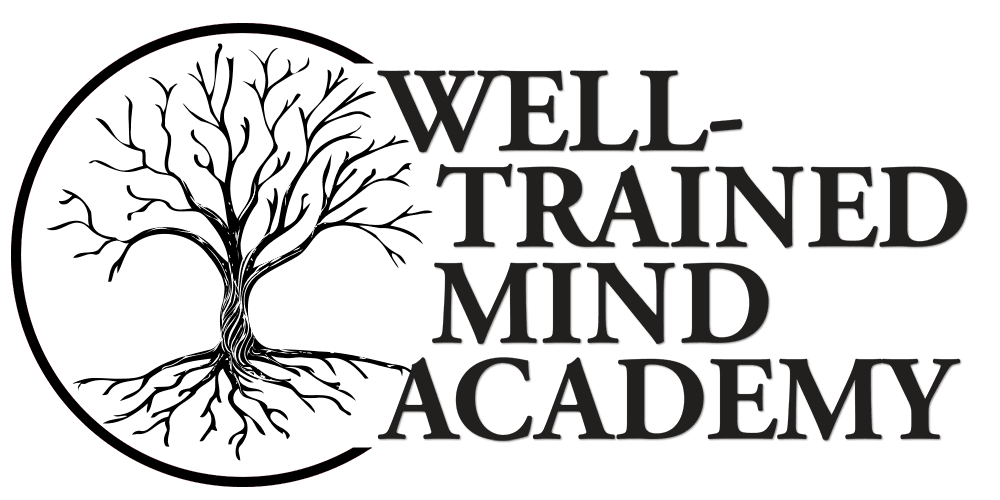Myths About Homeschooling Your Child

The definition of homeschooling is the education of children at home by their guardians. That’s it; simple, uncluttered, and rife with possibility. Homeschooling is no longer a fringe movement; recent surveys suggest that almost 2 million American children are currently taught at home, and the number grows every year. Still, the cultural idea of homeschooling is not so easily understood. Many misconceptions orbit around the notion of homeschooling. Read on to find out the truth about the most common homeschooling myths.
Myth: You aren’t qualified to teach your student.
You might feel that you don’t have the skills to teach your child at home. The good news is that all you need to teach your child at home is dedication, some basic knowledge about how children learn, guidance in teaching the particular skills of each academic subject, and lots of books, CDs, posters, kits, and other resources. When you get to a point when you really don’t feel that you can teach a child a particular subject, you can outsource; tutors and online classes are great options. Online classes provide fully-developed curricula. Parents can choose self-paced courses, where they grade their student’s work, or they can choose live classes, where a teacher provides both instruction and feedback.
Myth: Only religious families home school.
Parents choose to home school their students for a myriad of reasons. Some students begin to school at home because they face academic challenges, including a lack of challenging material in the classroom; the need for one-on-one instruction, individual attention, and/or encouragement to develop special talents or strengths; learning problems that aren’t being solved; or the need for more or less time on individual subjects. Other students leave the traditional school setting because of social issues, like negative peer pressure, the push to conform to school policy, an emphasis on popularity rather than on academic achievement, or bullying from peers, faculty, or school administration.
Another driver for home education comes from the need for flexibility. Some students have health problems that prevent them from taking part in a regular school-day program; others travel constantly with their families; and some students are cultivating a special skill that requires them to find an alternative schedule for their education. You can see that all different kinds of students are learning, and flourishing, at home.
Myth: Homeschooled students lack socialization.
We become socialized through our daily interactions, whether that’s being part of a family, participating in clubs, or worshipping in a community of faith. The socialization that best prepares a child for the real world can’t take place when a child is closed up in a classroom or always with their peer group. It happens when the child is interacting with people who vary widely in age, personality, background, and circumstance. Students will learn to thrive in real-life situations when they are with family, when they are going to Little League, volunteering, taking dance classes, going on field trips, or visiting the local art museum. Positive socialization is all about living in the world responsibly, fulfilling your potential, taking advantage of opportunity, and making the lives of others around you better. A student doesn’t need to attend an institutional school to learn these values.
Myth: Homeschooled students do not receive a rigorous education, and won’t get into college.
Teachers spend considerable time learning how to manage their classrooms. In some cases, teachers have more than 30 students in a class. Each student may have a distinct learning style, and may approach the material differently than their classmates. The result is that the teacher’s energy goes not only into presenting the material, but to also keeping all students on track. If a student is lost, the teacher has to review the material, or leave the student who needs more attention behind. Students who learn more quickly may have to do busy work, or sit quietly at their desks while the teacher helps individual students.
The homeschooled student, on the other hand, can move at their own pace. They get to learn in a tailored, productive environment. In addition, home education teaches children how to learn and, eventually, to manage themselves. This is excellent preparation for college. Homeschooled students design their own day: they manage their reading and coursework, extracurricular activities, and part-time jobs. Homeschooling allows time and space for the teaching of practical skills; older students especially have the flexibility to learn painting, carpentry, woodworking, electrical and plumbing repair, food preparation, car repair, gardening, yard care, and so on. As a result, homeschooled students don’t just have the opportunity to pursue an academically rigorous education. They also have the opportunity to explore other hobbies and potential careers. And, the cherry on top — homeschooled children consistently score very highly on standardized tests and other measures of academic performance.
Our takeaway: You can do it, and your student will thank you.
The scariest part about moving your student’s education to the home might be telling others. Once you’ve made the decision, and made it real by notifying your local school and telling your friends and family, you’ll be well on your way. There are many, many resources that will help you on your journey. Our favorite guide, of course, is Susan Wise Bauer’s The Well-Trained Mind. You can supplement your curriculum with tutoring sessions or classes from the Well-Trained Mind Academy.
And for those who want the extra support, you can schedule a session with Dr. Bauer herself, as well as WTMA Dean Dr. Julia Collier, through Well-Trained Mind Learning Services. You can find answers to all of your homeschooling questions on the Well-Trained Mind Community Forums, and if the information you need isn’t there, you can post and be sure that one of the community members will happily give you an answer.
Homeschooling is what you make it, for yourself and your student. You aren’t alone; whatever your reason is, it’s a good one. Your student will be plenty social, and they will get an excellent education. You can do it!
